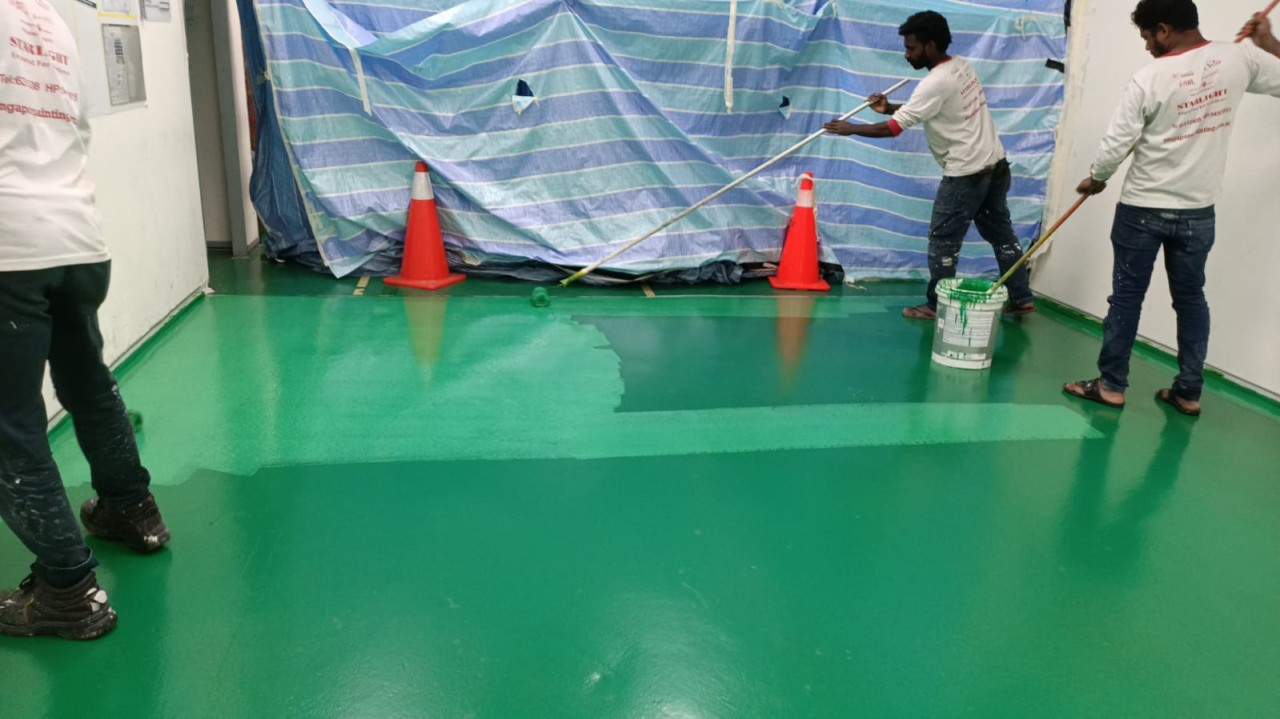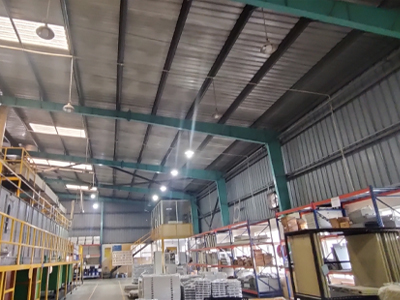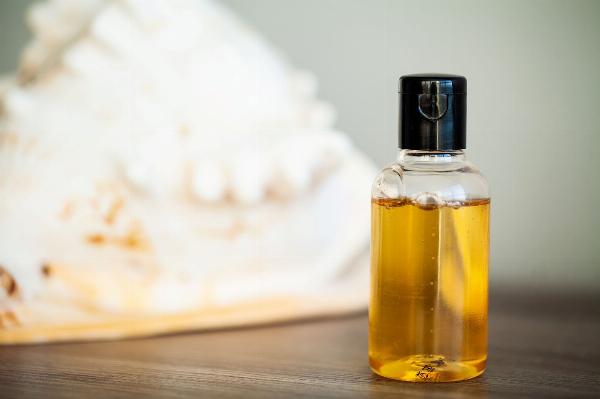How Long Can a Cat Live Without Food or Water?

As responsible cat owners, it’s essential to understand the limits of a cat’s survival without basic needs like food and water. When asking how long can a cat live without food or water, it’s crucial to remember that, while cats are resilient, they have limitations, and deprivation of these essentials can lead to serious health complications. At HealthyCatDiets, we’re committed to providing vital information about feline health, including what happens if a cat stops eating or drinking.
The Importance of Water for a Cat’s Survival
Water is critical for a cat’s bodily functions, and without it, survival becomes difficult. So, how long can a cat live without food or water? While cats may last longer without food, they are much more vulnerable to the effects of dehydration. Generally, a cat can survive only 3–5 days without water, but even after 24 hours, dehydration can start affecting their health. Symptoms of dehydration include:
Lethargy and lack of energy
- Sunken eyes and dry gums
- Loss of skin elasticity
- Potential kidney failure
If your cat shows signs of dehydration, it’s crucial to seek veterinary attention immediately, as dehydration can quickly lead to life-threatening conditions.
How Long Can a Cat Survive Without Food?
While cats can go longer without food than water, prolonged starvation carries its own dangers. In answering how long can a cat live without food or water, a healthy cat might manage 1–2 weeks without food, assuming it has access to water. However, going even a few days without food can trigger severe health issues, such as hepatic lipidosis (fatty liver disease), which cats are particularly susceptible to. This condition can become life-threatening and requires immediate veterinary care.
Recognizing Symptoms of Food and Water Deprivation in Cats
Understanding the symptoms that indicate dehydration or malnutrition is key to early intervention. Signs of distress from lack of food or water include:
Sudden Weight Loss: Lack of nutrition quickly leads to visible weight loss.
Weakness and Fatigue: Food and water deprivation drain a cat’s energy.
Sunken Eyes and Skin Changes: Dehydrated cats may have sunken eyes and their skin may lose elasticity.
Reduced Grooming: Cats that are unwell often neglect grooming, leading to a lack of self-care.
Observing any of these signs is a red flag, and prompt veterinary consultation is essential.
Why Cats Might Stop Eating or Drinking
There are numerous reasons a cat might stop consuming food or water, ranging from health conditions to stress. At HealthyCatDiets, we believe it’s essential to identify these causes to understand how long a cat can live without food or water. Some common reasons include:
Illness or Pain: Dental issues, infections, and digestive issues are common causes.
Stressful Environments: Changes like moving, new pets, or travel can stress a cat, reducing its appetite.
Diet Changes: Cats can be sensitive to unfamiliar tastes, making them wary of new food.
Medications or Treatments: Some medications may cause nausea, reducing interest in food and water.
What to Do If Your Cat Stops Eating or Drinking
If your cat refuses food or water, act quickly to avoid severe health complications. Here are some tips from HealthyCatDiets to help address the issue:
Consult Your Veterinarian: If your cat hasn’t eaten or drunk in 24 hours, contact your vet immediately.
Provide Hydrating Foods: Wet food can help keep your cat hydrated, especially if it refuses water.
Offer a Comfortable Space: A calm environment can help relieve stress and encourage eating and drinking.
Stimulate Appetite: Adding small amounts of tuna juice or chicken broth to food can help encourage a cat to eat.
Prevention and Care: Ensuring Your Cat’s Daily Nutritional Needs
For long-term health, it’s vital to ensure your cat receives adequate hydration and nutrition each day. A balanced diet supports energy, immunity, and well-being, while proper hydration promotes kidney health and prevents urinary issues. At HealthyCatDiets, we recommend a combination of dry and wet food to provide both nutritional variety and hydration.
In conclusion, how long can a cat live without food or water? A cat may last up to 2 weeks without food but only about 3–5 days without water. Dehydration is far more life-threatening, and monitoring your cat’s eating and drinking habits closely can prevent serious health issues. For more guidance on your cat’s dietary needs and tips on promoting hydration, visit HealthyCatDiets for comprehensive resources on feline health and nutrition.
Note: IndiBlogHub features both user-submitted and editorial content. We do not verify third-party contributions. Read our Disclaimer and Privacy Policyfor details.







